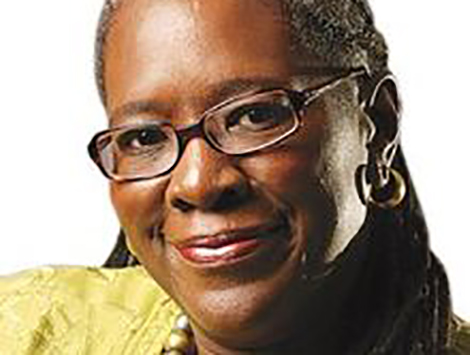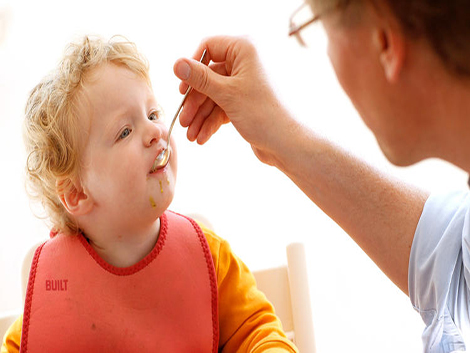There are all kinds of public service announcements, commercials and efforts urging us to help feed hungry children and their families. In all, a record 70 million are in need of one of life’s necessities — food.
We can argue and debate until the cows (don’t) come home about why we’re allowing our children to starve, but that won’t change the bottom line that we are facing the broadest and deepest global humanitarian crisis since the United Nations was established in 1945.
Indeed, an estimated 100,000 people in South Sudan are dying of starvation and 7.5 million South Sudanese need food.






